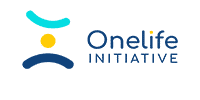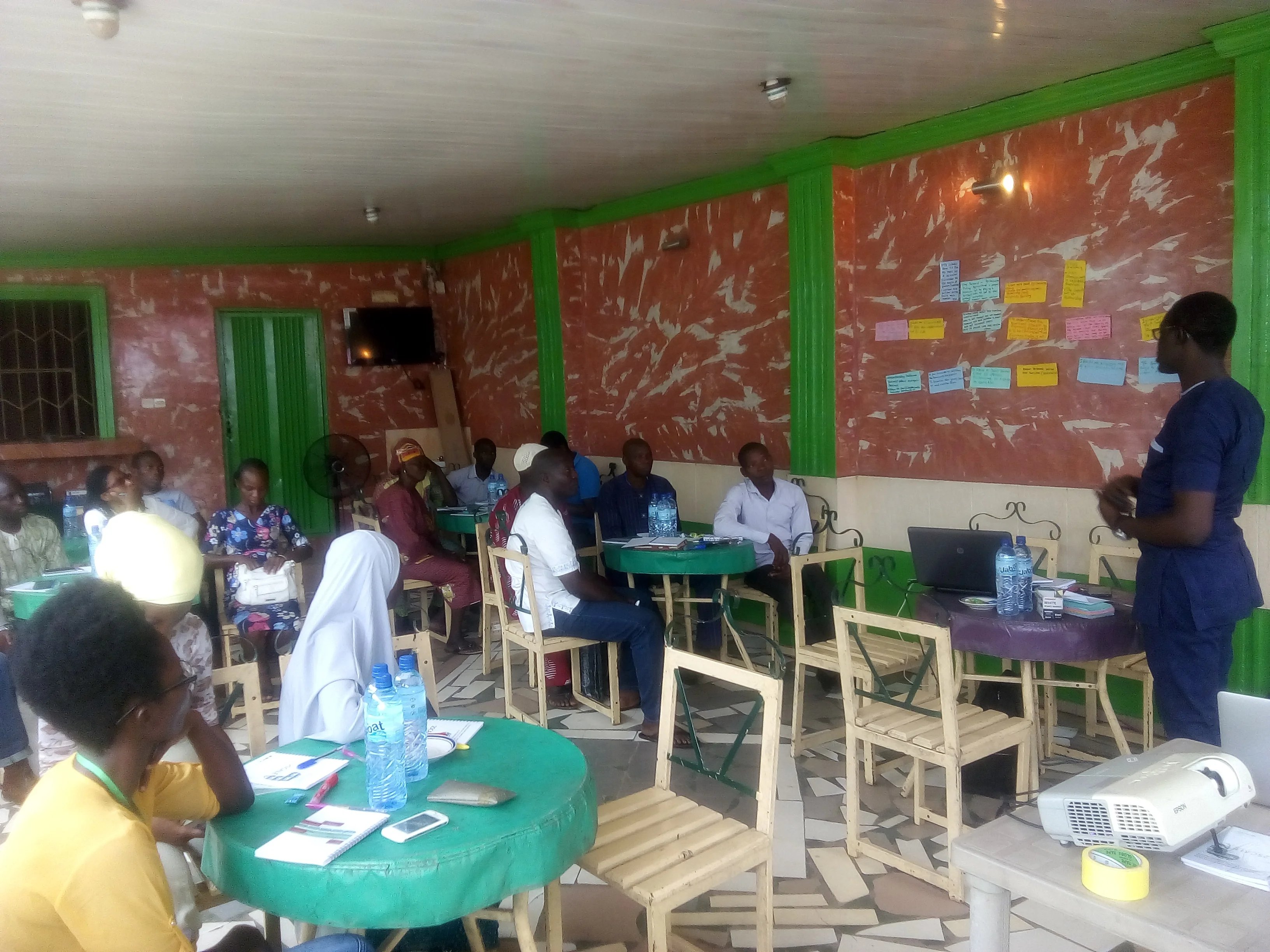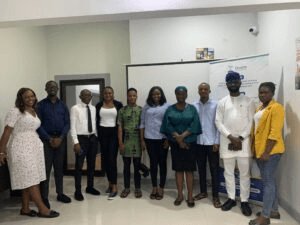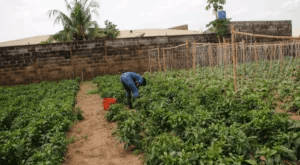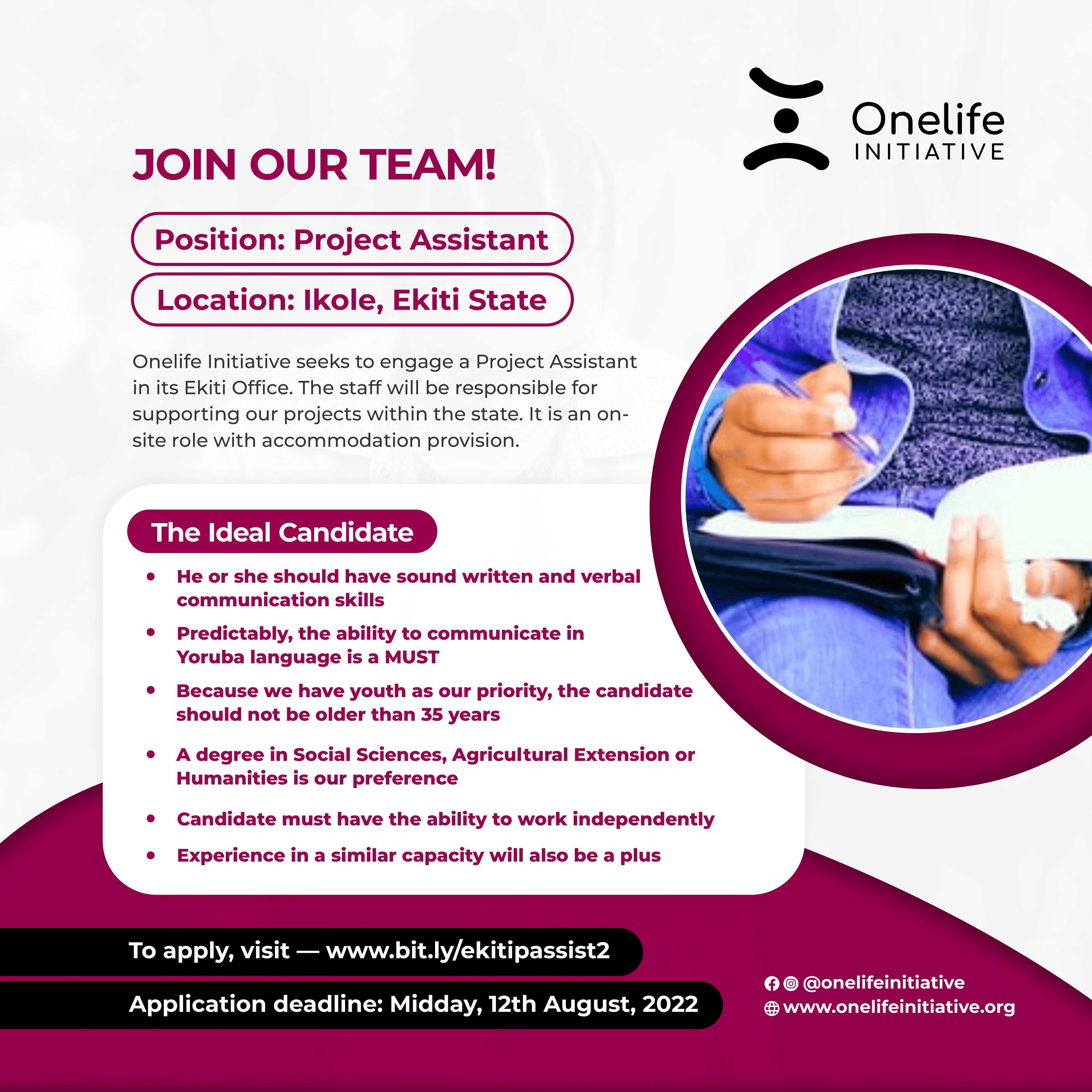Building Sustainable Relationships for Agribusiness Cluster Coaches
Onelife Initiative for Human Development within its enterprise development engaged Epe agribusiness cluster coaches (ABCs) on business ethics and building sustainable relationship, between 3rd to 5th September 2018 under IFDC/2SCALE vegetable pilot project.
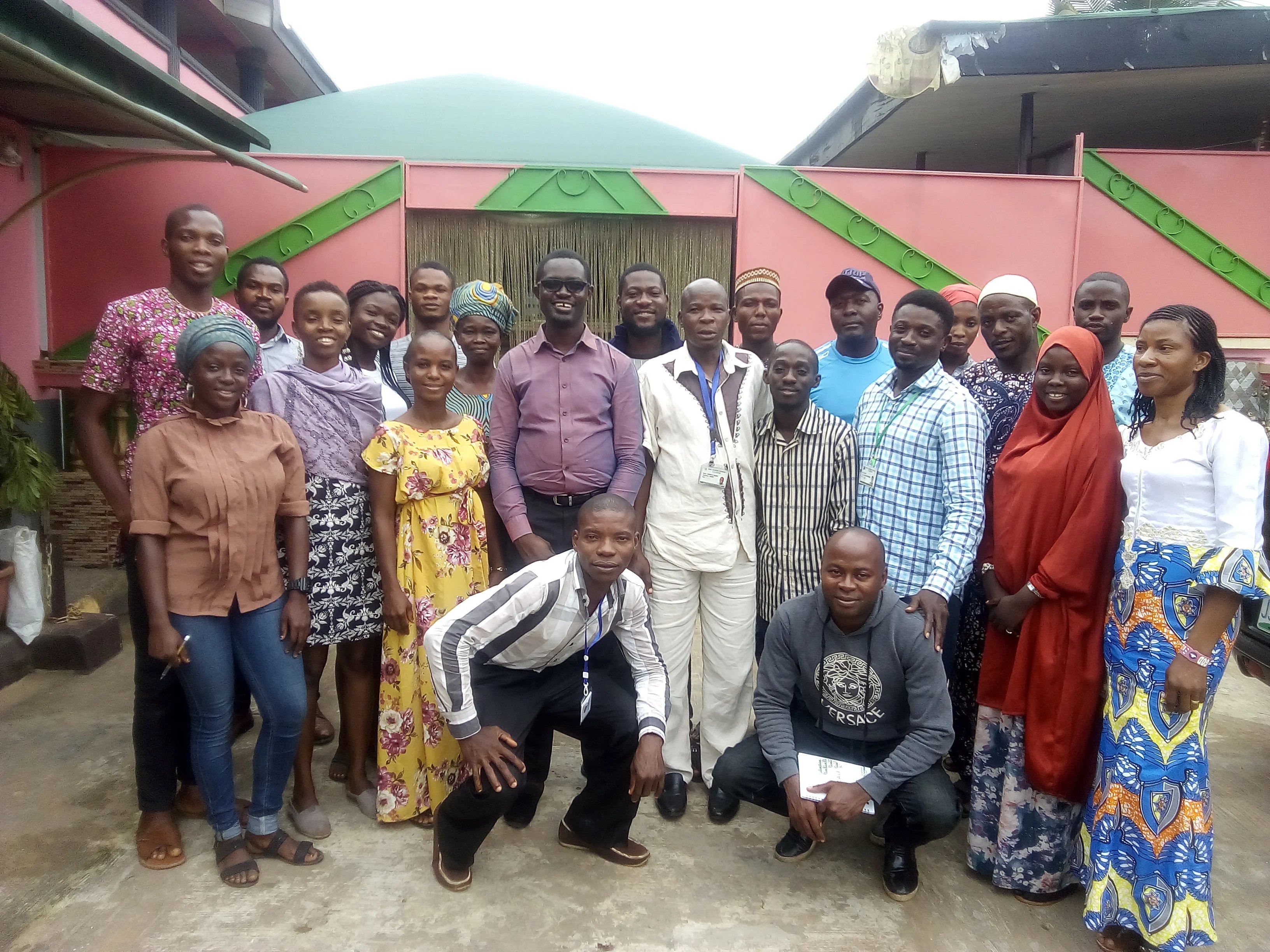
The capacity strengthening training was to provide support for the vegetable producers and ensure deepening of inclusive business relationships among the cluster actors whilst also leaving room for new innovations
Facilitating the Capacity strengthening session was ‘Sola Fagorusi; ICRA’s Trainer-Mentor with the support of Olayiwola Sodiq; Program officer, Onelife Initiative for Human Development.
The trainer, in the course of his presentation elucidated why it is important to address various deficiencies of both ABCs and the BSS that facilitate them, as seen from the dialogues with some BSS and the agribusiness cluster actors as well on past projects; if the 2SCALE strategic objective of building robust ABCs is to be achieved.
He further stated that it can be guaranteed that when the ABCs or POs don’t meet the necessities at the concurred terms, the market starts to scrutinize the business morals of the producers and other actors in the value chain, hence the capacity strengthening training.
Again, because the target market conceived for this pilot scheme thrives based on a brand of quality and as such, the aggregated product must meet this ethics such that batches, details of production are adhered to while ensuring that business relationship with the high-end market is well oiled to ensure increased patronage.
The three-day workshop was planned to Identify the various ethics required of parties engaged in business in the vegetable value chain and also to establish how and need to build a sustainable business relationship with the organized market.
Important ethics that were addressed in the course of the training includes
- Use of biotechnology and GMOs
- Child labour
- Occupational health and safety
- Local culture reinforcement
- Bribery and corruption
- Social responsibility
Amongst other highlights of the training was a session on ‘Tools for building a sustainable business relationship’ where participants had the opportunity to reflect and review on how they often times engage with the market.
At the end of the 3-day capacity strengthening training, both the participants and the facilitator were able to deduce the following, among other importance of business relationship
- Opportunities for wide choices of market outlets
- It attracts numerous buyers even if value addition is negligible
- Opportunities for growth and expansions
- Facilitate contracts and long-term relationship
- It attracts developmental credit on account of being organized and so many more.
To achieve the target market, it was all agreed that the code of ethics would be established at various cluster levels, following a step-down training. Some important parameters that would be checked include, but not limited to; standards for measurement, quality of produce, alignment with good agricultural practices, compliance with regulations on pesticide usages and much more.
Ahead of training closure, a deliberate effort was made by the trainer towards ensuring business ethics adoption into adaptation by participants by guiding them to the development of action plan with immediate effect.
The training was concluded with questions, clarifications and remarks as participants express their satisfaction, especially on how they have been positively imparted. They, however, projecting how much impact them in the coming days.
